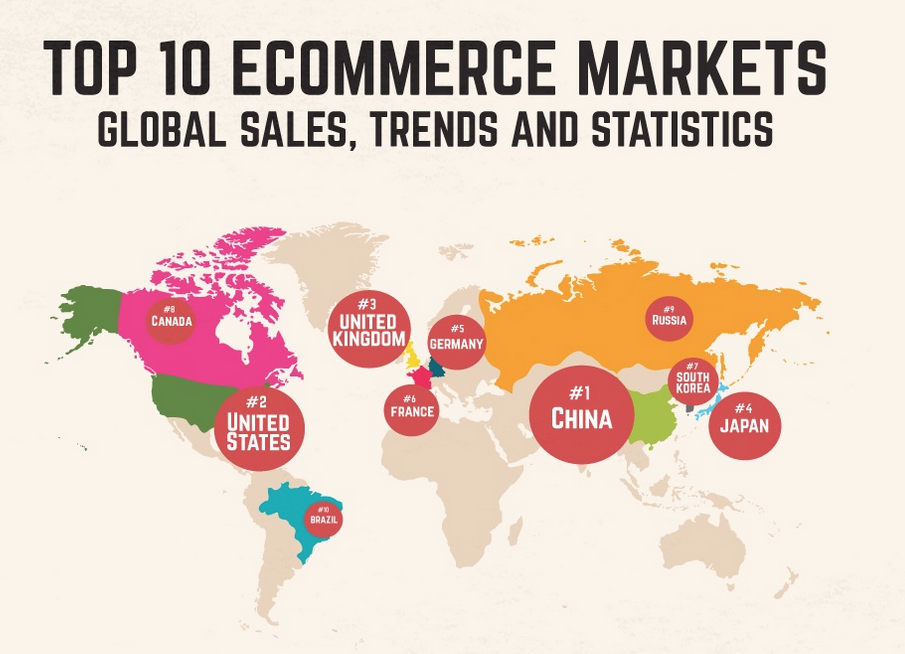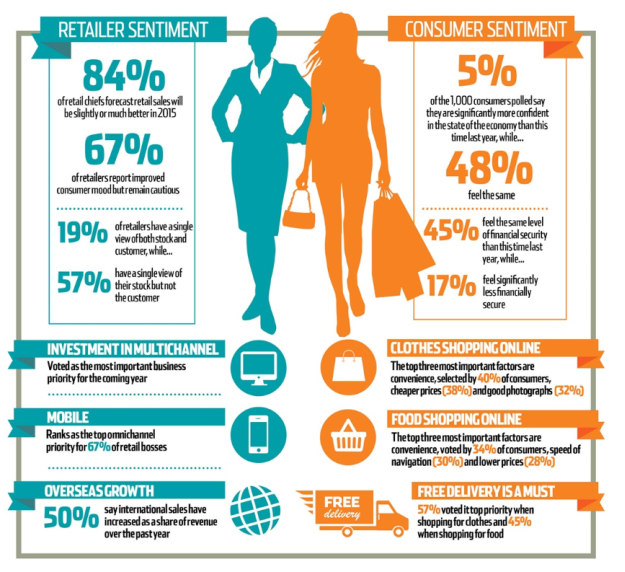E-commerce has revolutionized how people shop, with online retailers becoming integral to the global economy. Here are the top online retailers that dominate the global market, driving trends, innovation, and customer satisfaction.
1. Amazon
The Unmatched Giant
Founded by Jeff Bezos in 1994, Amazon has become synonymous with online shopping. Its success lies in:
- A vast product range, including electronics, books, and household items.
- Prime membership perks like free shipping and streaming services.
- Advanced technologies such as AI-powered recommendations and efficient logistics.
With operations in over 190 countries, Amazon’s dominance remains unparalleled.
2. Alibaba
The Gateway to Chinese E-Commerce
Alibaba, launched by Jack Ma in 1999, is the leading e-commerce platform in China. Known for its B2B and B2C marketplaces, Alibaba excels through:
- Platforms like Taobao (C2C) and Tmall (B2C).
- Seamless integration of payment systems like Alipay.
- Extensive support for small businesses to reach global markets.
Alibaba’s influence extends beyond China, shaping global trade dynamics.
3. Walmart
Bridging Brick-and-Mortar and Online Shopping
Walmart has effectively transitioned into e-commerce, leveraging its existing retail presence. Key strategies include:
- Competitive pricing on essentials.
- Fast delivery options like same-day and two-day shipping.
- Acquisition of brands like Flipkart and Jet.com to expand its digital footprint.
Walmart’s hybrid model of online and physical retail makes it a global powerhouse.

4. eBay
The Marketplace for Everyone
Since its inception in 1995, eBay has stood out as an auction-based marketplace. Known for its versatility, eBay offers:
- A platform for both new and used products.
- Specialized categories, from collectibles to electronics.
- International reach with localized versions of its site.
eBay’s peer-to-peer model continues to thrive, appealing to unique buyer and seller needs.
5. Shopify
Empowering Entrepreneurs
Shopify isn’t a traditional retailer but a platform that enables businesses to create their own online stores. Its dominance stems from:
- User-friendly tools for small to medium-sized businesses.
- A subscription-based model with scalable features.
- Integration with social media platforms for seamless marketing.
Shopify’s influence grows as it empowers global entrepreneurs to compete in e-commerce.6. Rakuten
Japan’s E-Commerce Leader
Often called the “Amazon of Japan,” Rakuten provides an extensive marketplace focusing on customer rewards. Key features include:
- A robust loyalty program with Rakuten Points.
- Services spanning e-commerce, fintech, and digital content.
- Expanding its global footprint through strategic partnerships.
Rakuten’s innovation keeps it competitive in the crowded e-commerce space.
7. JD.com
High-Tech Retail from China
JD.com (Jingdong) is a direct competitor to Alibaba, excelling in technology and logistics. Unique offerings include:
- AI-driven warehouses and drone deliveries.
- A reputation for authentic, high-quality products.
- Strategic investments in global markets and partnerships with major brands.
JD.com’s technological edge sets it apart in the e-commerce sector.
8. Zalando
Europe’s Fashion Leader
Berlin-based Zalando specializes in fashion, catering to a European audience. Its success factors are:
- A vast selection of clothing, shoes, and accessories.
- Personalized shopping experiences through AI and data analytics.
- Free delivery and returns to attract and retain customers.
Zalando dominates Europe’s online fashion market with its customer-centric approach.
9. Flipkart
India’s E-Commerce Pioneer
Flipkart, now owned by Walmart, is India’s largest online retailer. Its growth is driven by:
- Tailored offerings for India’s diverse customer base.
- Competitive pricing during mega-sales like Big Billion Days.
- A mobile-first approach to reach rural and urban areas alike.
Flipkart plays a pivotal role in shaping India’s e-commerce ecosystem.
10. Wayfair
A One-Stop Shop for Home Goods
Wayfair dominates the home goods market with a focus on:
- A vast inventory of furniture, decor, and appliances.
- User-friendly tools like room visualization features.
- Free shipping policies for qualifying orders.
Wayfair’s niche focus gives it a stronghold in a competitive market.
Conclusion
The global e-commerce landscape is diverse, with each retailer bringing unique strategies and strengths. Giants like Amazon and Alibaba lead through scale, while specialized platforms like Wayfair and Zalando cater to niche markets. As technology evolves and customer demands shift, these retailers will continue to innovate, shaping the future of online shopping.




